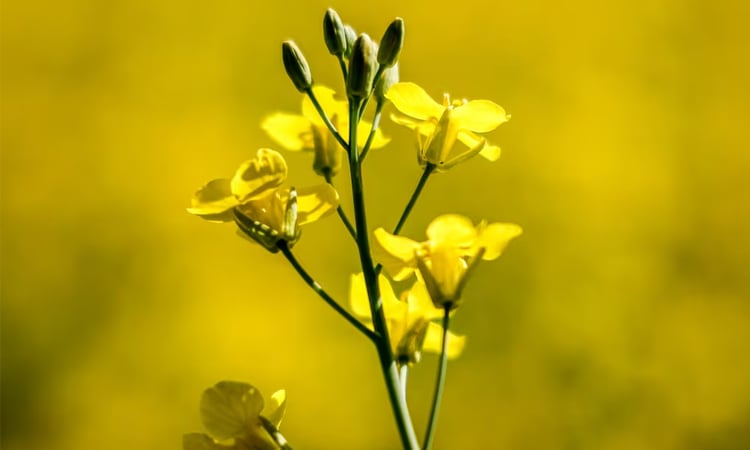News Flash
News Flash

OTTAWA, Aug 13, 2025 (BSS/AFP) - Canada said Tuesday it was "deeply disappointed" with China's decision to impose a temporary tax on Canadian canola, after Beijing said it had preliminarily concluded that Ottawa was dumping the crop onto its market.
Economic and political ties between Beijing and Ottawa have soured in recent years, with agricultural products often bearing the burden.
China's commerce ministry said earlier Tuesday it would start imposing a temporary customs duty of 75.8 percent on Canadian canola imports from Thursday, after an investigation made a preliminary finding that dumping had occurred.
The levy would be paid in the form of a "deposit" while measures are finalised, the ministry said.
In response, Canada said it was "deeply disappointed with China's decision."
"We do not dump canola. Our hard-working farmers provide world-class food to Canadians and international trading partners," international trade minister Maninder Sidhu and agriculture minister Heath MacDonald said in a joint statement.
"We remain ready to engage in constructive dialogue with Chinese officials to address our respective trade concerns," they said.
Industry representatives warned the duties would ramp up pressure on Canadian farmers.
"If a solution is not found swiftly, the impact will be quickly felt on our farms and in our rural communities," Rick White, president of the Canadian Canola Growers Association, said in a statement.
Canada is among the world's top producers of canola, an oilseed crop that is used to make cooking oil, animal meal and biodiesel fuel.
The bulk of its canola exports go to just two destinations, the United States and China -- two countries with which Ottawa has recently clashed over tariffs.
Chinese authorities began probing Canadian canola shipments last September, and the commerce ministry said Tuesday that it had preliminarily found Ottawa's imports had caused "substantial damage" to the domestic industry.
In March, Beijing slapped a 100 percent surcharge on Canadian rapeseed oil, peas and oil cakes -- a type of animal feed -- in response to Ottawa's decision last year to slap 100 percent tariffs on Chinese electric vehicles.
Tuesday's decision, combined with the existing anti-discrimination tariffs, meant "the Chinese market is effectively closed to the Canadian canola industry," Chris Davison, president and CEO of the Canola Council of Canada, said.